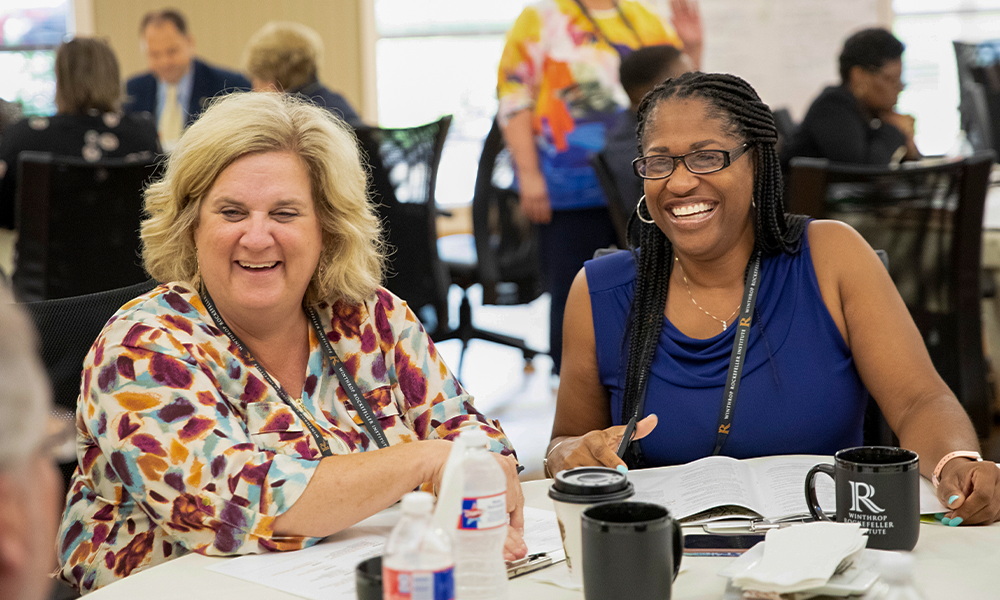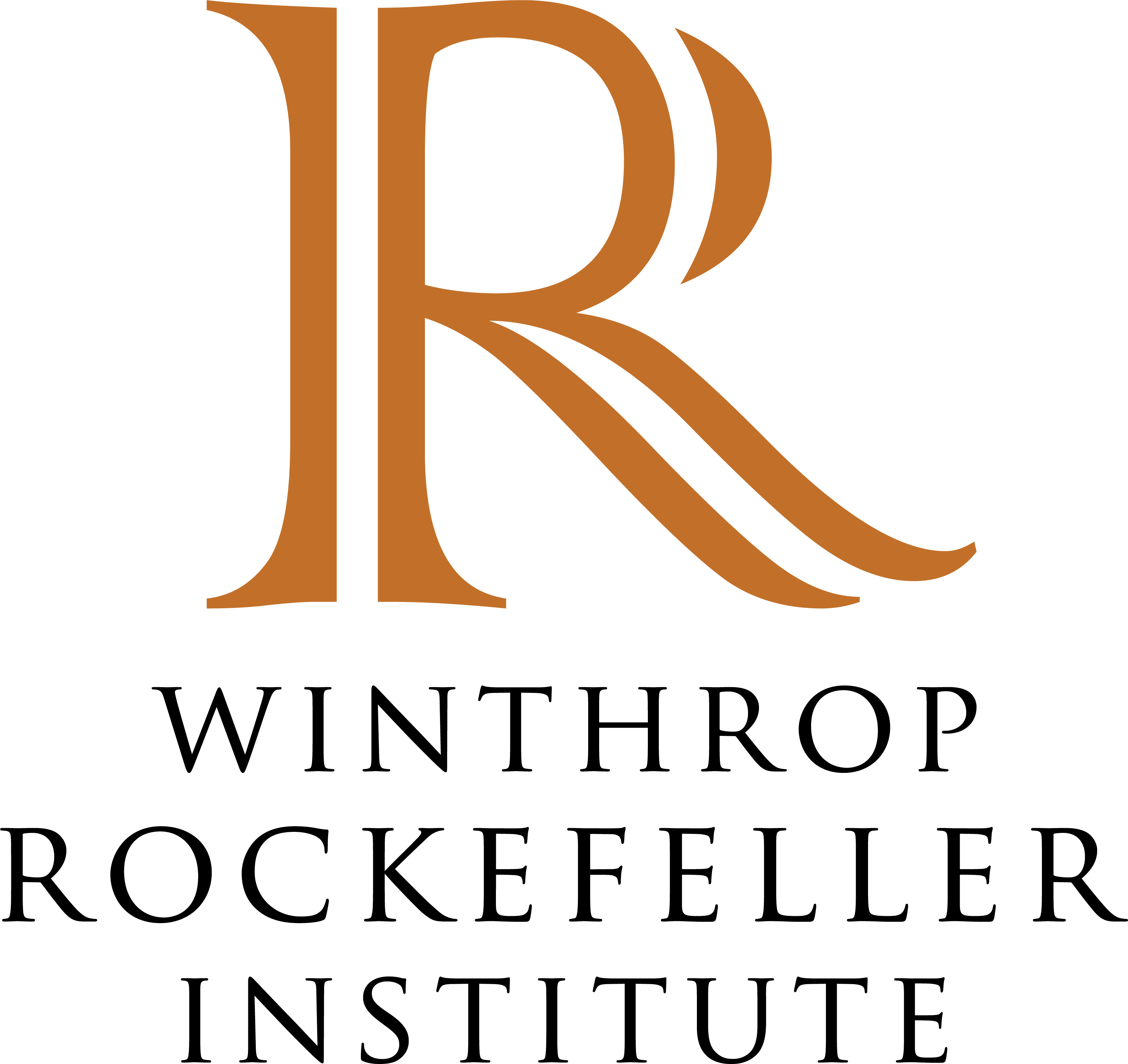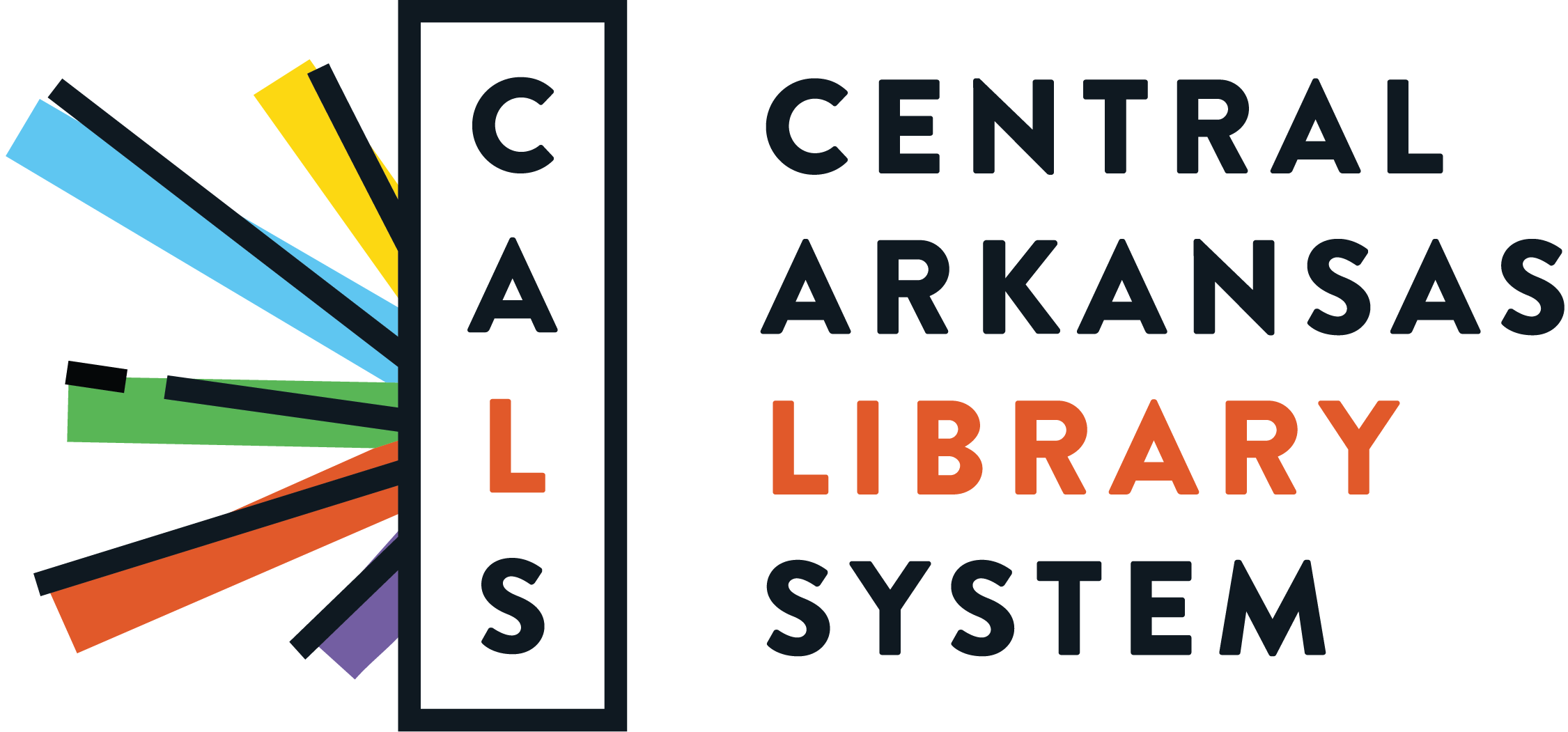Fall 2023 Dialogue Series: Housing
Maslow’s Hierarchy of Needs places shelter as a physiological need, otherwise known as a basic need. However, more and more people across the United States are finding themselves without reliable housing. This impacts those who wish to buy a house and those who wish to rent.
Adjusted for inflation, homes cost more than ever, and housing construction has failed to meet demand. According to a 2023 CNN report, the U.S. housing market is short some 6.5 million homes. For those who wish to rent, the average renter in the U.S. is now paying more than 30 percent of their income on housing, while wages have failed to keep up amid rent hikes and a scarcity of affordable units. In some estimates, the nation is falling short of the demand for affordable housing by at least a million homes and rental properties. How do we ensure that we can house the growing U.S. population?
These dialogues are scheduled for 11:30 a.m. to 1:30 p.m. on October 23 and November 2, 7, and 8 at the UA Little Rock Downtown building at 333 President Clinton Avenue in Little Rock. A Zoom option will be available for participants who cannot attend in person. Each session will cover the same material.
Dialogue participants are asked to share their personal opinions on each option and the experiences that led to those opinions. It is not structured as a debate but as an honest exploration of why each participant feels a particular option will or will not work.
The Institute is a proud member of the Partnership for Democratic Practices in Arkansas alongside the Clinton School for Public Service and the Central Arkansas Library System. The partnership was originally organized through the Kettering Foundation as a two-year program involving partners across the nation experimenting with facilitated dialogues over different issues. Owing to the passion for transformational change that we share with our partners, this program has grown beyond its initial pilot period into its current form — a series of facilitated dialogues on issues relevant to Arkansans.
The overall goal is to test old theories and find new ways that deliberative practices can be used to address issues in communities. By the end of each dialogue, participants will have engaged in a conversation utilizing the framework specialized for their communities aimed at helping people come together to talk about hard issues. Our partnership also gives us an opportunity to run dialogues with existing frameworks as compiled by the Kettering Foundation and the National Issues Forum Institute.
In these free facilitated dialogue sessions, participants do not debate each other — quite the opposite. In small, randomized groups led by trained, nonpartisan facilitators, participants evaluate and discuss three options related to a topic or issue. Past topics have included addressing concerns over water resources in Arkansas, the partisan divide in the United States, and how to jump-start our economy in light of the COVID-19 pandemic. The National Issues Forum Guides provide a safe and structured experience for participants that lasts no longer than two hours.
“Democratic practices are ways citizens can work together — even when they disagree — to solve shared problems.”
Kettering Foundation
Past dialogues
“How can we stop mass shootings and ensure people feel safe in their homes and communities?”
The tragic attacks in Uvalde, Texas; Dayton, Ohio; Parkland, Florida; and other places have raised concerns among many people across the nation. Such shootings have become more frequent and more deadly in the last decade. Each mass murder has devastating effects on a whole community.
Overall, the United States has become safer in recent years. Yet mass shooters target innocent people without reason, often in places where people should feel safe—movie theaters, shopping centers, and schools. Many believe these attacks are nothing short of terrorism.
This dialogue asked the following questions:
- Should we address the availability of weapons and the processes behind obtaining them, hoping to prevent mass shootings by making it more difficult for potentially dangerous individuals to access the tools they would use for such an event?
- Is the solution found in better training and preparedness of individuals in our society, making them ready to defend themselves against mass shootings rather than rely on being rescued?
- Are we better off addressing the root causes of such violent events, specifically looking at the way the Internet and news media portray mass murders?
“In today’s contentious and divided political environment, what should colleges and universities do to meet the roles and responsibilities of higher education to foster the campus community we want?”
In 2017, a much-cited survey of more than 3,000 college students conducted by Gallup and the John S. and James L. Knight Foundation presented diversity and inclusion as directly opposite of free speech. The survey asked students which issue they felt was more important; 53% chose inclusion, and 46% chose free speech.
This dialogue asked the following questions:
- Are free speech and an inclusive campus in opposition to each other? Do we have to give up one to have the other?
- How do we balance individuals’ rights with the college’s responsibilities?
- Is this the campus community we want? What is the role of institutional leaders versus individuals in creating or changing campus culture?
“Would having uniform national standards for voting, instead of having state and local officials continue to set the rules, give us more confidence? Do ID requirements for voting, in order to help maintain the system’s integrity, merely discourage voters by placing hurdles in their way?”
Many Americans are concerned about our country’s election systems, despite disagreeing on what the specific problems are or how to solve them. Are the systems too easy to manipulate? Do we have rules that make voting fair and accessible to all? Are we doing enough to ensure accuracy and credibility?
There was a record voter turnout in November 2020; almost 160 million Americans cast ballots even in the middle of the coronavirus pandemic. However, this record number of Americans voted despite worries about how elections are carried out. Unease about aging voting machines, out-of-date registration lists, vulnerable computer systems, foreign interference, and bureaucratic snafus predated the 2020 election, and concerns about those issues persist today.
Due to the coronavirus pandemic, a major expansion of absentee voting took place in the 2020 elections, resulting in improved access to the ballot but also, in some places, delayed vote counts that prompted fears among some about ballot tampering and voter fraud. Americans believe we need a better system, one that ensures that all eligible voters can vote and that we can all trust the accuracy of the results.
“How can ordinary citizens constructively address climate change and its impact on water resources in their communities?“
Many Arkansans are experiencing the impact of climate change, especially on water resources in their communities. Weather cycles have brought extreme heat waves during longer summers, as well as warmer winters punctuated by periods of unprecedentedly freezing temperatures. Water resources also face extreme conditions: aquifers are drying up, yet the state is also experiencing more unusually intense storms with severe and destructive flooding.
In a state significantly reliant on agriculture, Arkansas residents in both rural and urban areas are keenly aware of these climatic changes and their often negative effects, especially on water, which tends to affect residents of marginalized communities more severely than more affluent residents.
“What should we do to ensure equal justice and fair treatment in our communities?”
The United States is in conflict, as most Americans demand change in the policing practices that are intended to create safer neighborhoods. In the spring of 2020, the killings of George Floyd, Breonna Taylor, and Rayshard Brooks sparked nationwide protests as many citizens voiced their concerns about the unjust treatment of racial minorities. All three died during encounters with police, and their names joined a lengthy list: Eric Garner in New York City in 2014, Freddie Gray in Baltimore, MD, in 2015, Philando Castile in St. Paul, MN, and Alton Sterling in Baton Rouge, LA, in 2016, to name only a few.
During this facilitated dialogue, participants were presented with three broad options for improving police practices and suggested actions that could be taken to make progress on each. As with all ideas for change, all of these actions involved risks and trade-offs as well as benefits.
“How should we make sure people have the food they need?”
That was the guiding question that was addressed during the Land of Plenty dialogues on food security. As a major producer of rice, poultry, and other food staples, Arkansans have an especially close relationship with the food system in America and around the globe. That’s why, as an additional bonus, these sessions featured a look at several Arkansas-specific options prepared especially for these dialogues.
“How will our nation recover from COVID-19? What will it take to rebuild a healthy economy after a pandemic?“
Those were the guiding questions for these Back to Work dialogues, whose purpose was to help people deliberate on how best to rebuild the economy after the 2020 pandemic left more than 36 million people without a job.
“How can we get the political system we want?“
The purpose of these inaugural pair of dialogues was to help people deliberate on how we should approach the issues of division and outrage that prevent us from making progress on urgent problems in the United States. Participants evaluated and discussed three options that could help heal our country’s partisan divide and give all Americans a way to move forward together.
Contact Person
Are you interested in attending the next dialogue? Would your organization like to sponsor this program? Do you have a great idea for a topic you think we should build a dialogue around? Let Aaron Keith know!






